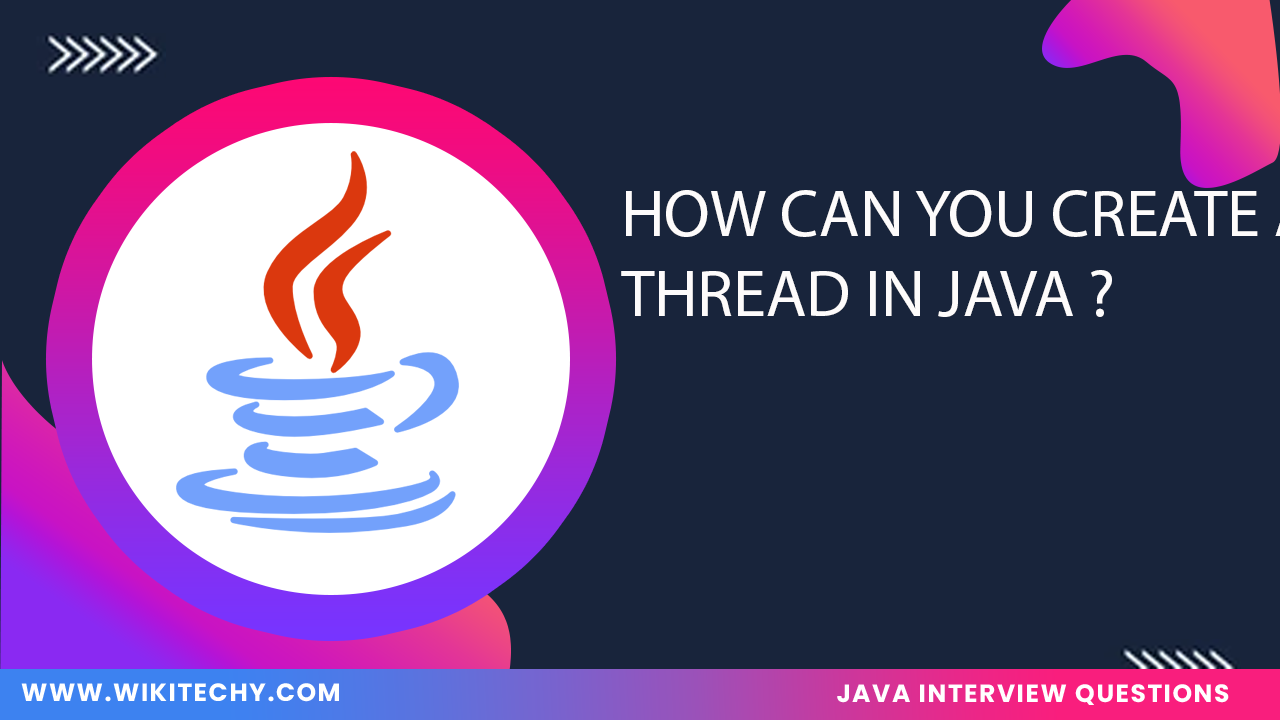Definition
A thread in Java is a lightweight process that can run concurrently within a Java program. Java supports multithreading, where multiple threads run independently and can communicate with each other, making it possible to handle multiple tasks within a single program.

How to Create a Thread
In Java, there are two primary ways to create a thread:
- By extending the Thread class
- By implementing the Runnable interface
Example:
Output:
Example:
Output:
Features of Threads in Java
- Multiple threads can execute independently.
- The JVM can switch between threads efficiently.
- Java provides mechanisms (such as synchronized keyword) to control access to resources across threads.
- Threads have specific states, like NEW, RUNNABLE, BLOCKED, WAITING, TIMED_WAITING, and TERMINATED.
- Threads can have priorities that influence the order of execution.
- Threads can be set as daemon threads, which means they run in the background.
Advantages of Using Threads
- Threads enable better CPU utilization by allowing multiple tasks to be executed simultaneously, especially on multi-core systems.
- In GUI applications, threads allow time-consuming tasks (like network requests) to run in the background, keeping the UI responsive.
- Multithreaded programs can sometimes simplify complex applications by dividing tasks into separate threads.
- Threads within the same process can share resources more efficiently than separate processes can, because they share the same memory space.




